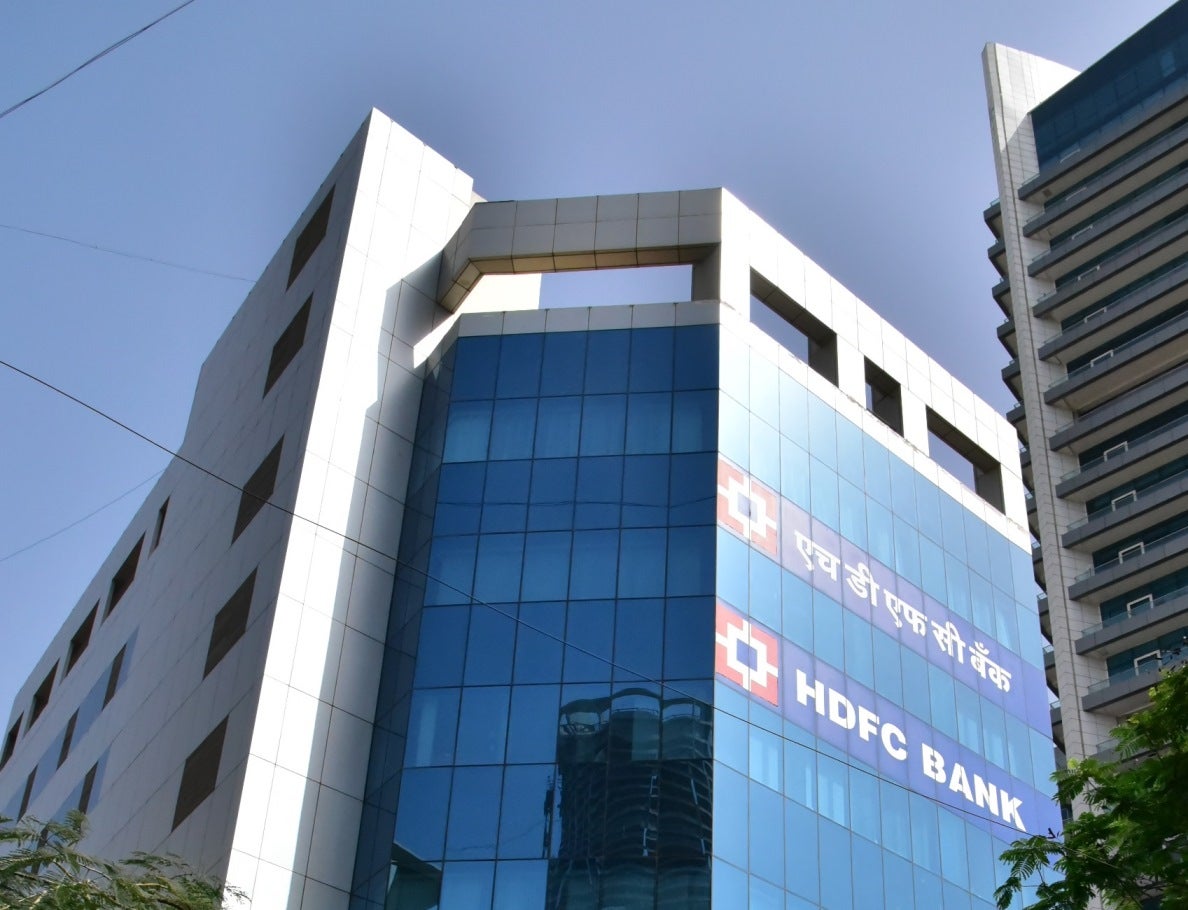Alleged AT-1 Bonds Misselling By HDFC Bank- A Customer Caught Unaware; Why Blindly Trusting Your Relationship Manager Doesn’t Work!
Sinha filed concerns with HDFC Bank and the Bank's MD and CEO, Sashidhar Jagdishan. The lender's Bahrain branch closed his case, noting that he had signed the master agreement controlling the transaction. The office of Jagdishan has failed to reply to his complaint.

An unhappy client, believing he had been robbed of his hard-earned money, filed a police complaint against one of India’s top banks. Pankaj Sinha, 47, managing director of a multi-national fast-moving consumer goods brand’s Colombo wing, has filed a criminal suit against private lender HDFC Bank Ltd with the Gurugram police. He has been a bank customer since 1999.
Sinha said in the suit, filed In April 2023, that bank staff conspired to missell him more tier-1 bonds from two international banks, including Credit Suisse, without providing appropriate facts about the risk involved.

After Swiss regulator Finma wrote off Credit Suisse’s $17 billion AT-1 bond portfolio in March, the bonds acquired resulted in over $200,000 in investments being written down to zero. Sinha’s lawsuit includes images of text conversations between him and bank staff and emails addressed to him. However, the names of the HDFC Bank employees Sinha talked with have been hidden from the narrative since.
The misselling done by HDFC bank-Sinha’s narrative!
In 2021, Sinha was approached by a relationship manager with a proposal to create an offshore A/C at HDFC Bank’s Bahrain office. The bank person said such kind of A/C would allow the Bank to move Sinha’s fixed deposits in India to Bahrain and do investments in offshore bonds. The bank official told the complainant that such investments would be super FDs with a definite maturity time, 100 per cent safe investments with attractive returns, which the complainant would never have anticipated and are not conceivable with the common product and investment plan in India, Sinha complained.
The Gurugram-based relationship manager then phoned Sinha to set up a meeting with one of the associate VP at HDFC Bank’s Abu Dhabi headquarters. Following that, both HDFC Bank staffers reportedly followed up with Sinha about the plan several times. However, it is important to focus that no brochure or prospectus for these bonds was provided to Sinha, nor was he told that they were AT-1 bonds, according to his lawsuit.
By August 2021, Sinha’s offshore A/C had been created at HDFC Bank’s Bahrain office. As this was a joint A/C, he was issued a Master Facility Agreement, which the bank official from Abu Dhabi asked Sinha and his wife to sign at several points. The bank official never said anything about the hazards involved. Sinha claims that the bank official convinced him and his wife to sign the forms without reading them since it was only a formality. The husband-wife duo was denied direct access to the offshore A/C and had to rely on bank officials to manage it.
Over the next few months, Sinha was given AT-1 bonds produced by Standard Chartered Bank and Credit Suisse as super FDs, where his funds would be safe, and he would get a high return. The bank’s representative also signed him up for an HDFC Bank loan of $250,000 for 36 months.
Sinha’s money and the loan funds were then used to obtain $203,647.5 worth of Standard Chartered AT-1 bonds and $206,062.5 worth of AT-1 bonds from Credit Suisse, according to Sinha’s lawsuit. Although these bonds are perpetual, he was assured they would mature in 2026 and 2030. Sinha sought for months to find a way out of his invested money as he became concerned.

In June 2022, Sinha noted that his investment was down $70,000 and ordered the HDFC Bank bank official in Abu Dhabi to sell the bonds as quickly as possible. According to Sinha’s complaint, the bank’s representative informed him that the bonds were capital protected and there is no cause of tension about momentary price changes. However, over the next several months, Sinha got four emails from HDFC Bank asking extra payments against his funds in the form of margin calls. When he approached the bank official for clarity on the emails, he was told to ignore them.
Sinha was notified in March that the Credit Suisse bonds had been written down. He was also recommended that he would have to provide additional security for the Standard Chartered bonds acquired using an HDFC Bank loan. He said that if he could not supply the additional security, HDFC Bank would liquidate the bonds.
The loss of a father.
After the event, Sinha revealed that the money he lost was money he was saving for his children’s education. According to Sinha’s testimony, he was a risk-averse investor with little take for risk because the main objectives for the savings were to construct a corpus for his children’s education overseas and a retiral fund.
Sinha filed concerns with HDFC Bank and the Bank’s MD and CEO, Sashidhar Jagdishan. The lender’s Bahrain branch closed his case, noting that he had signed the master agreement controlling the transaction. The office of Jagdishan has failed to reply to his complaint.
He agrees that he is to blame for failing to read the 47-page MS agreements; nonetheless, Sinha claims that the bank relationship managers instructed him to sign and not fill out any forms simply.
Opinions formed.
In this case, the judicial system has extremely few options. A financial institution could not have imagined that Credit Suisse AT-1 bonds would be written down to zero two years ago. This is an example of an unsuccessful bank campaign.
Furthermore, Sinha’s signature on the master agreement may work against him because, from a procedure standpoint, all the boxes were checked.
This might be classified as misselling, which normally does not result in serious legal consequences for the Bank. This is, at most, a reputational concern for the Bank involved, not a legal one.
Conclusion.
Misselling AT-1 bonds have been a source of argument in India since March 2020, when private lender Yes Bank Ltd. wrote down Rs 8,500 crore in such notes from its balance sheet during a rehabilitation effort. A group of individual investors who held these bonds are still battling Yes Bank‘s judgement in court.
In such cases, the Bank should be held accountable for providing every bit of the information to their client; ultimately, the A/C holder or the customer needs to take care of their hard-earned money. In this matter, the major problem that works against the complainant is suspected to be his signing of the master agreement without going through it. This can be valid documentation that the Bank in Bahrain used against him. Definitely, it is time taking to read such hefty pages of documents, but in the end, let’s recollect and pledge to remember the adage that goes on; ‘Precaution is better than cure’.
Proofread, Edited & Published By Naveenika Chauhan





